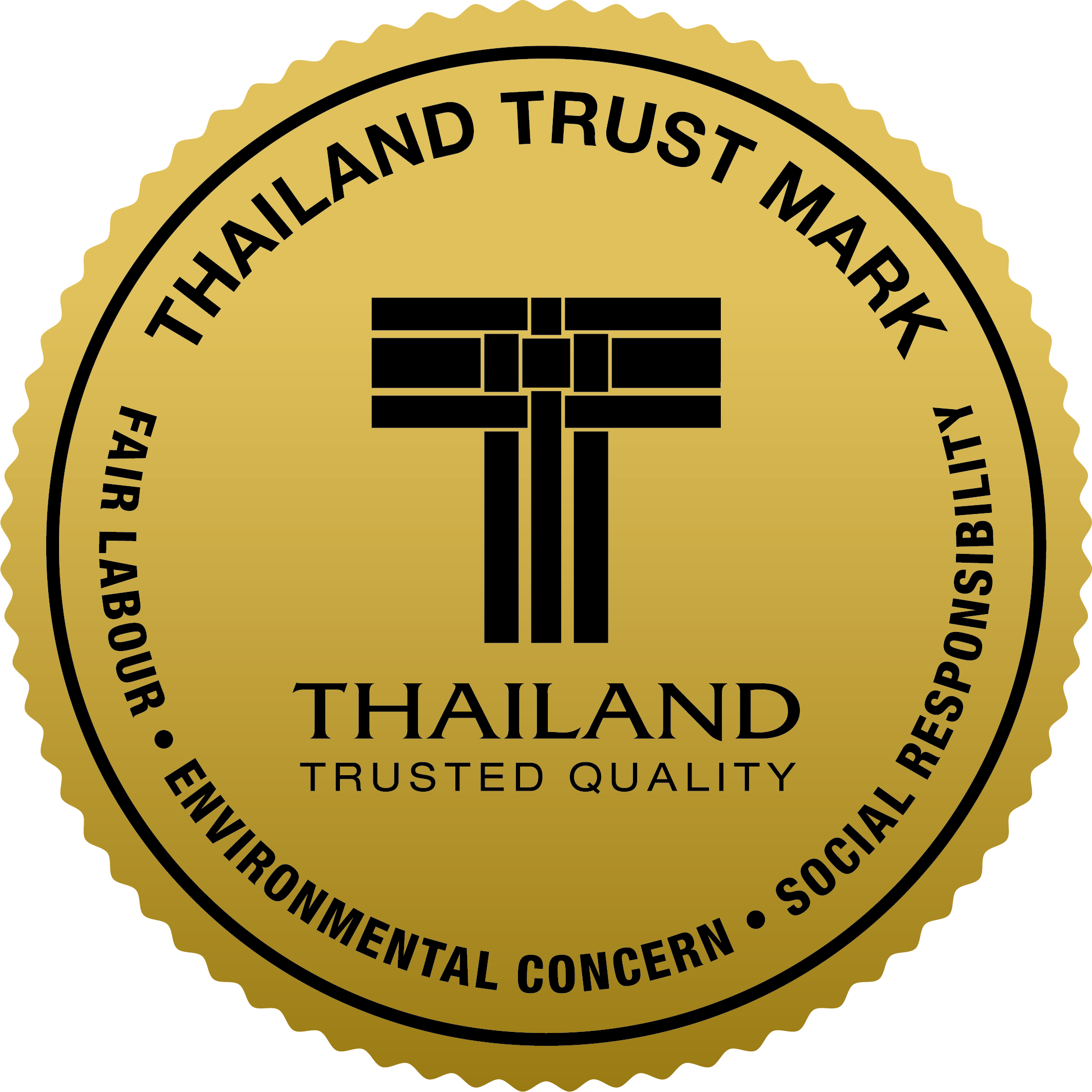Important Document
Certificate
ISO-9001:2015
ISO 9001:2015 - Quality Management System is defined as the international standard that specifies requirements for a quality management system (QMS). Organizations use the standard to demonstrate the ability to consistently provide products and services that meet customer and regulatory requirements. ISO 9001 covers requirements for a QMS, including documented information, planning and determining process interactions, responsibilities of management, management of resources, including human resources and an organization’s work environment, product realization, including the steps from design to delivery and measurement, analysis, and improvement of the QMS through activities like internal audits and corrective and preventive action.
.png)
ISO-14001:2015
ISO 14001:2015 - Environmental Management Systems is an international standard intended for organizations that seek to manage environmental responsibility systematically. It specifies requirements for an environmental management system as a framework for practice to meet the expectations of the environmental management system, including enhancing environmental performance, complying with relevant laws and commitments, and achieving the environmental management objectives of the organization. This is to create value for the organization, stakeholders, the environment, and to align with the organization's environmental policy for sustainability.
.png)
ISO-22000:2018
ISO 22000 - Food Safety Management System is an international standard that assures requirements for a food safety management system are applied. This is to ensure that the food produced is safe for human consumption.
.png)
FSSC 22000
Food Safety System Certification 22000 is an international food safety management system for food manufacturing industry, built upon the foundations of GHPs & HACCP systems, ISO 22000, ISO/TS 22002-X standards, and additional requirements as outlined by the international FSSC 22000 standard. This standard aids the company in establishing risk-controlled approaches to food safety management and verifying the food safety system throughout various stages, including supplier selection, raw material procurement, production processes, product storage, finished product handling, and distribution. It ensures that operational areas are secure and compliant with relevant laws, demonstrating that the company maintains a robust food safety management process to confidently produce food that is safe for consumers.

ISO-45001:2018
ISO 45001 - Occupational Health & Safety Management System is an international standard that specifies requirements for an occupation health and safety (OH&S) management system which aims to continuously improve health and safety of workers (employees, contractor personnel) and other related parties.
.png)
GHPs & HACCP
A Good Hygiene Practices (GHPs) certification scheme provides independent verification and certification that the basic hygiene practices and prerequisites necessary for the implementation of an effective Hazard Analysis Critical Control Point (HACCP) food safety program are being followed. HACCP certifications aim to systematically identify any factors that might present a potential health risk to consumers, allowing you to avoid hygienic hazards or lower their risk to acceptable levels. The certification is based on the Codex Alimentarius, an international code of conduct for the industry. Our experts are here to help you continuously implement the requirements for an HACCP mark.
.png)
Kosher
Judaism has dietary requirements that are consistent with religious principles known as "Kashruth". It meets the requirements and rules that are allowed to eat. That requirement is called kosher. Kosher is a Hebrew word meaning "clean" or "appropriate" or "acceptable." Kosher Certification is the stamp of kosher approval by a rabbinic Agency verifying they have checked the products ingredients, production facility and actual production to ensure all ingredients, derivatives, tools and machinery have no trace of non-kosher substances. The Kosher Certified symbol assures consumers that both the actual product and its production adhere to all Kosher Law requirements.
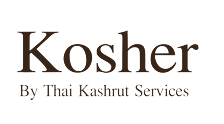
Halal
Halal food means food or food products that are approved under Islamic law for Muslims to consume or use." "Halal" is a word from Arabic that means production, service, or any distribution that is not contrary to religious commandments. Therefore, we may say that “halal food” is food that has been processed, mixed, cooked, assembled, or transformed according to the religious law. It is a guarantee that Muslims can generally consume food. In other words, everyone consumes products or services with confidence. we can observe whether the product is "Halal" or not from the "Halal" stamp on the side of the package is important.
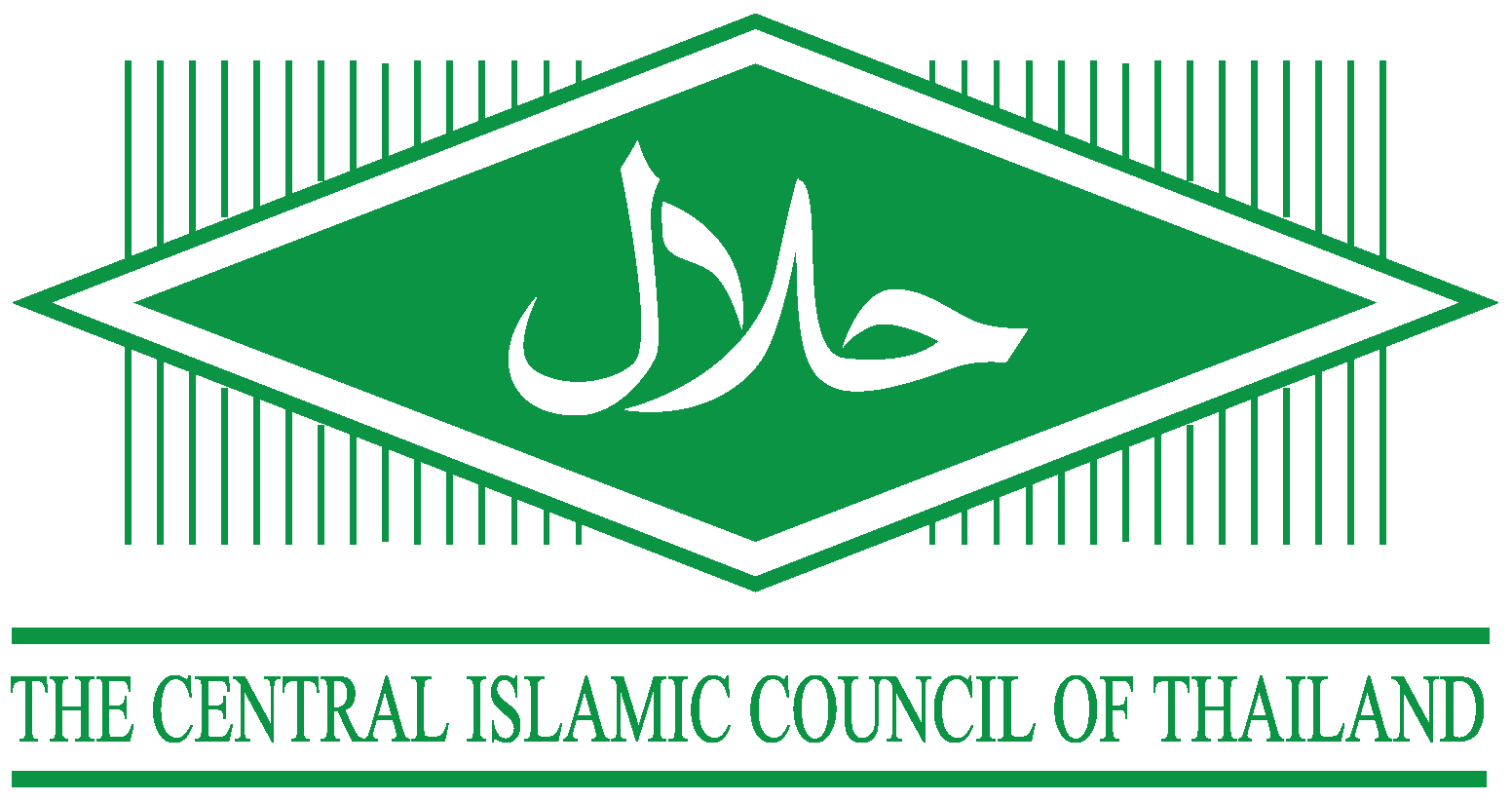
RSPO
RSPO (Roundtable on Sustainable Palm Oil) is a sustainable palm oil production standard that covers economic, social, and environmental sustainability dimensions which is the standard for oil palm and oil production. The RSPO Trademark is a globally recognised ecolabel that signals the use of RSPO certified sustainable palm oil. RSPO members represent all stages of the palm oil supply chain and some of the world’s largest palm oil producing regions. As members, you have a say in the RSPO’s decision-making, helping to achieve our shared vision of market transformation - to make sustainable palm oil the norm.
“AI Energy Public Company Limited confirms the implementation of the RSPO Shared Responsibility requirements in our palm oil related operations.”
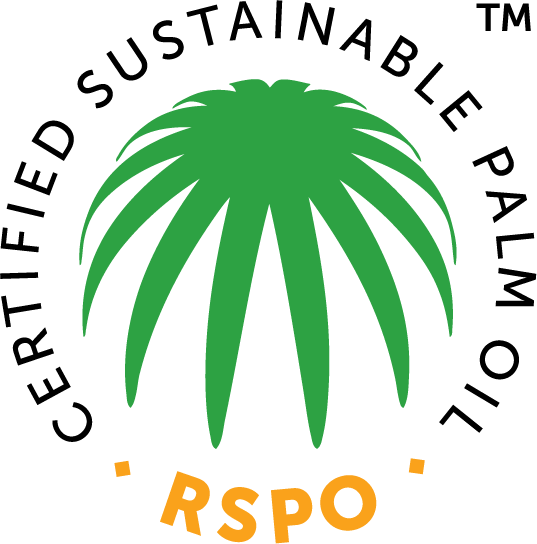
Green Industry
Green Industry Level 3 is an industry that is committed to improving the production process and environmental management to pursue environmental-friendly and social responsibility. Green Industry encourages both organization and supply chains for sustainability.

CFO
The "Carbon Footprint for Organization (CFO)" is a tool that presents data on the amount of greenhouse gas emissions and removals resulting from the activities and operations of an organization, in terms of carbon dioxide equivalent. Organizations can use the obtained results to establish energy management and emission reduction strategies efficiently at significant emission sources. Moreover, it enhances the capabilities of Thai entrepreneurs and businesses to compete globally and prepares them for potential government-mandated Greenhouse Gas Reporting requirements for various organizations. This is aimed at guiding emission reduction management in Thailand.
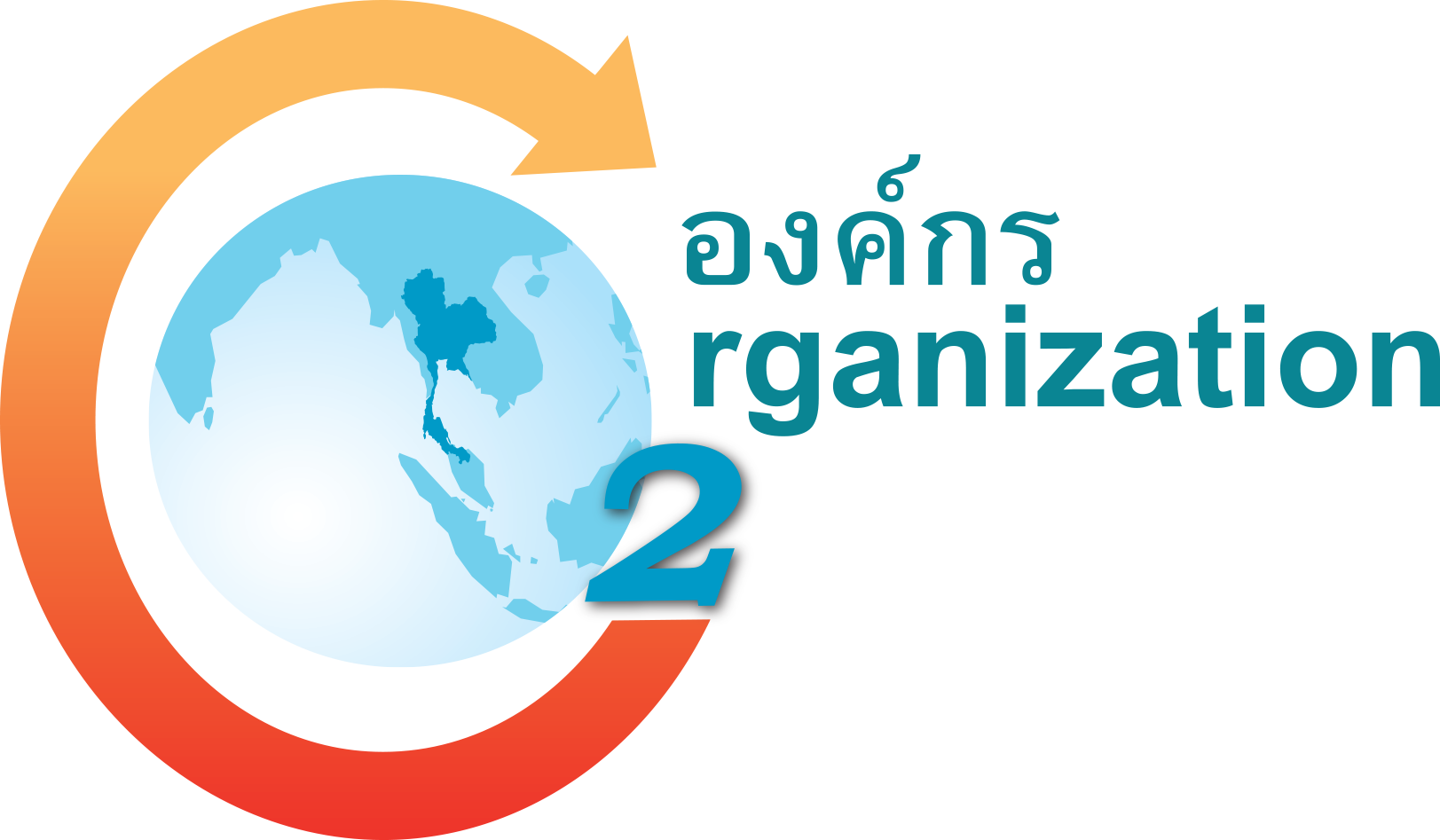
ISCC
ISCC (International Sustainability and Carbon Certification) is a certification system developed for the implementation and recognition of carbon certification and sustainable development at an international level. It provides traceability and ensures that natural forest resources are not being destroyed, protects areas of biodiversity, and contributes to the reduction of greenhouse gas emissions throughout the supply chain.
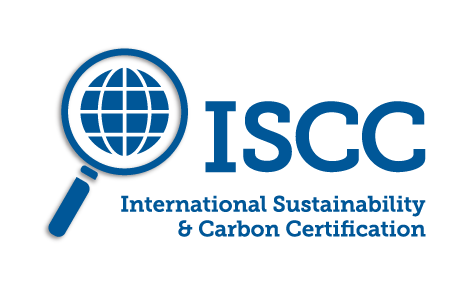
CAC
Thai Private Sector Collective Action Against Corruption Private Sector Collective Action against Corruption (CAC) is an initiative by the Thai private sector to take parts in tackling corruption problem via collective action. The CAC aims to bring effective anti-corruption policy and mechanism into implementation by companies in order to create an ecosystem of clean business community.
TSL
THAI LABOUR STANDARD (TLS 8001-2020) FOR BASIC LEVEL with regarding as the business having corporate social responsibility on labour, and the compliance in accordance with the law on fundamental labour rights.
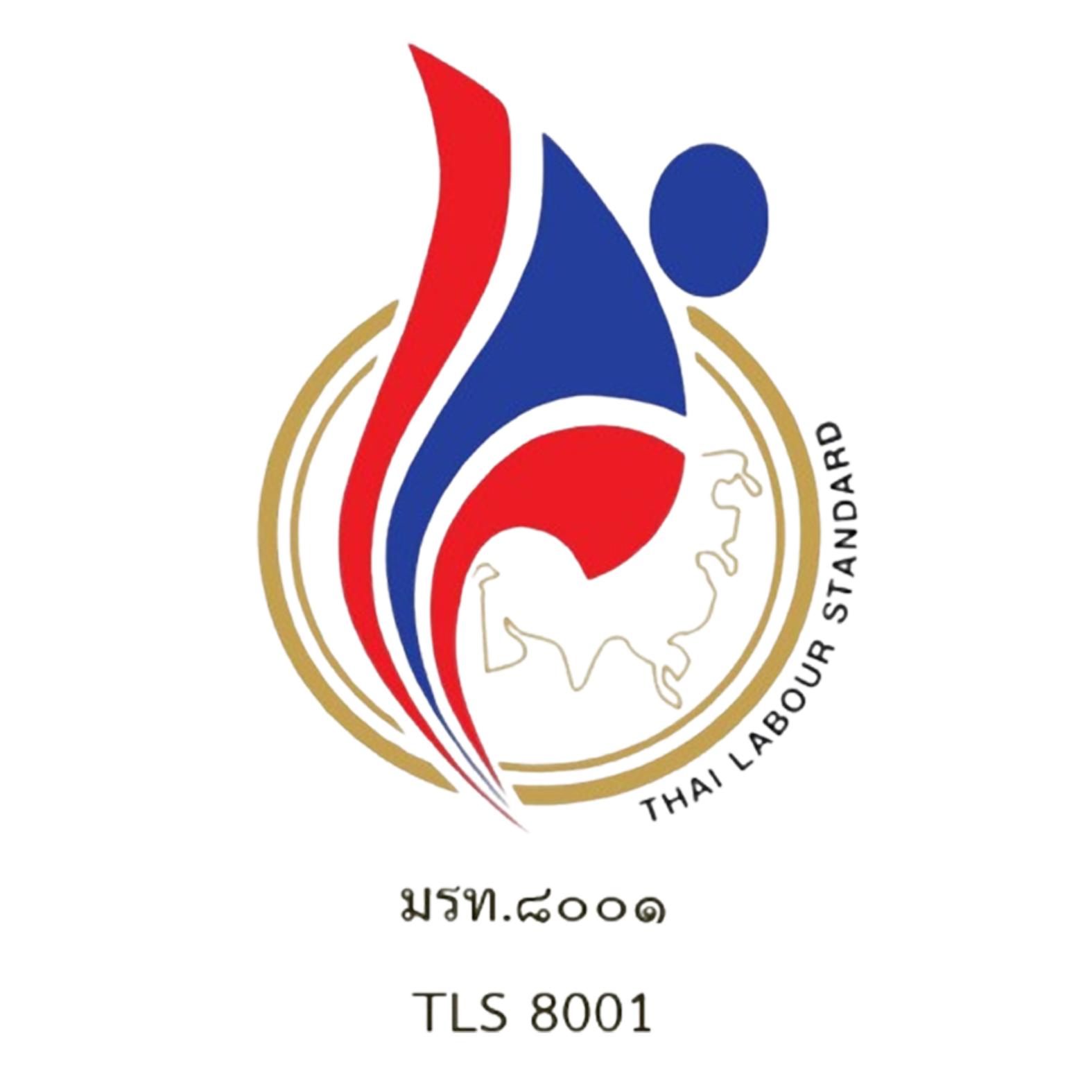
T Mark
Thailand Trust Mark Seal Thailand Trust Mark is a symbol of excellence and trusted quality that was established to add distinctive value to Thai products and services that are made in Thailand. It gives assurance that Thai products and services with the Thailand Trust Mark offer world-class excellence including labour standards, environtmental and social responsibility.
